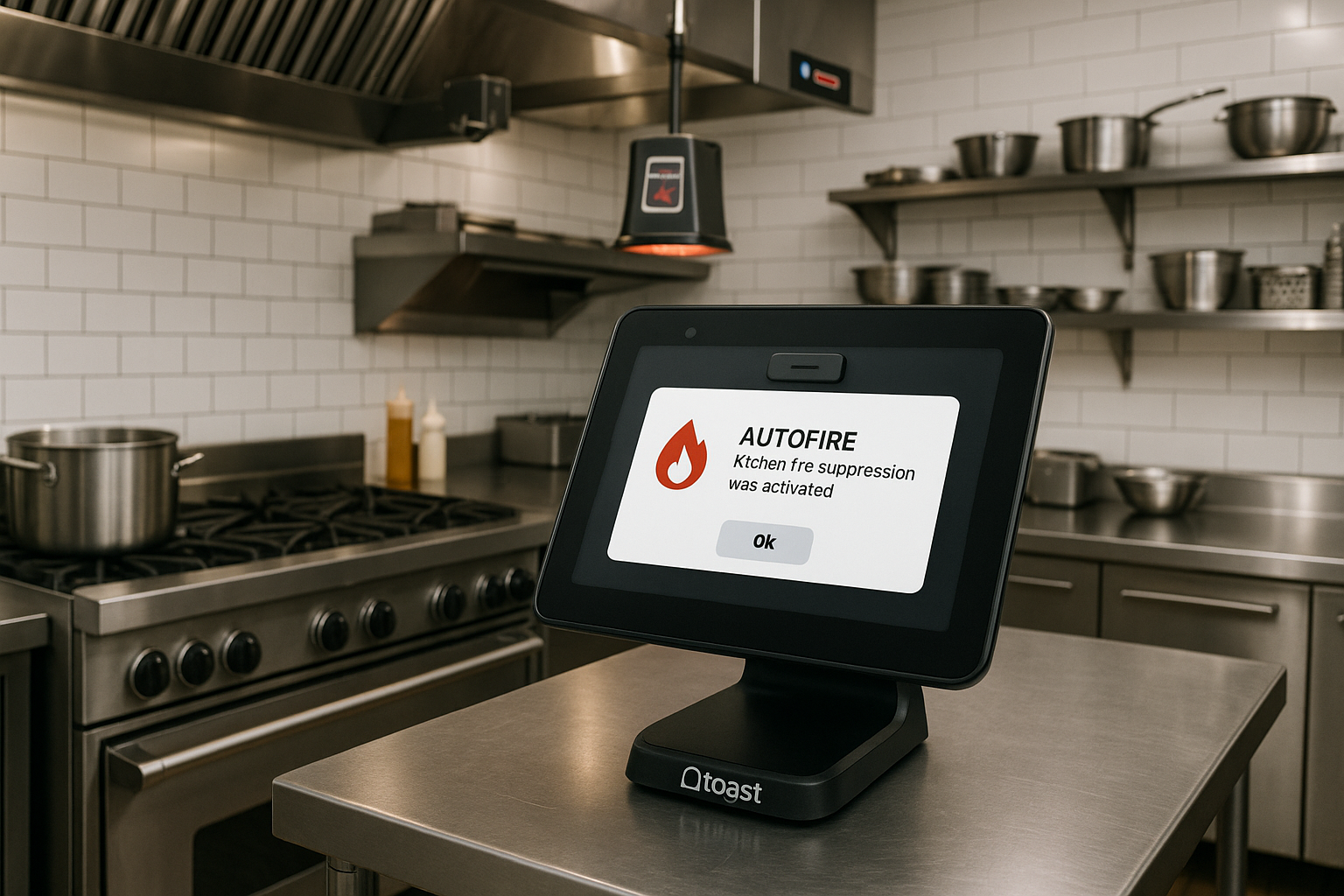Effective shift changes are crucial in maintaining a seamless operation in any restaurant. A well-managed shift change ensures that customer service remains top-notch, staff are well-coordinated, and operations run smoothly. Here are some practical tips to improve restaurant shift changes and make the transition as seamless as possible.
1. Establish Clear Communication Channels
Clear communication is the foundation of a successful shift change. Use a reliable system, such as a digital platform or a communication board, to relay important information. Key details to include are:
- Reservations and special events
- VIP customers
- Menu changes or specials
- Staff assignments and roles
Pro Tip:
Utilize Toast POS’s communication features to keep all staff members informed in real time. This reduces confusion and ensures everyone is on the same page.
2. Conduct a Thorough Shift Briefing
A pre-shift briefing is essential for preparing the incoming team. This briefing should cover:
- Recap of the previous shift’s performance
- Highlight any issues or challenges
- Outline goals and expectations for the upcoming shift
- Review any special instructions or updates
Pro Tip:
Hold briefings in a quiet area to ensure all staff members can hear and understand the information being shared.
3. Implement a Structured Handoff Process
Create a structured process for handing off responsibilities from one shift to the next. This should include:
- Completing a checklist of tasks
- Reviewing any unfinished tasks
- Updating on customer complaints or compliments
- Handing over keys, POS systems, and other necessary tools
Pro Tip:
Use checklists within the Toast POS system to ensure that all critical tasks are completed before the shift change.
4. Encourage Team Collaboration
Foster a culture of teamwork where the outgoing and incoming staff collaborate to ensure a smooth transition. Encourage staff to:
- Assist each other during busy times
- Communicate any issues promptly
- Support one another in completing tasks
Pro Tip:
Regular team-building activities can help build a strong sense of camaraderie and improve collaboration during shift changes.
5. Monitor and Adjust Shift Schedules
Regularly review and adjust shift schedules based on peak hours, staff availability, and individual performance. This helps in:
- Preventing burnout by ensuring staff have adequate rest
- Optimizing staffing levels during busy and slow periods
- Accommodating special requests or emergencies
Pro Tip:
Utilize the scheduling features in Toast Payroll to manage shifts efficiently and ensure proper coverage at all times.
6. Provide Continuous Training and Feedback
Continuous training and feedback are essential for maintaining high standards during shift changes. Offer regular training sessions on:
- Customer service skills
- New menu items and promotions
- POS system updates and usage
Provide constructive feedback to help staff improve and recognize their efforts when they perform well.
Pro Tip:
Use Toast POS to track staff performance and identify areas where additional training might be needed.
Conclusion
Improving shift changes in your restaurant is all about clear communication, structured processes, and fostering a collaborative environment. By implementing these tips and utilizing tools like Toast POS and Toast Payroll, you can ensure smoother transitions, happier staff, and satisfied customers.
For more tips and tools to enhance your restaurant operations, visit ineedtoast.com. Ready to take your restaurant management to the next level? Fill out our contact form today!


